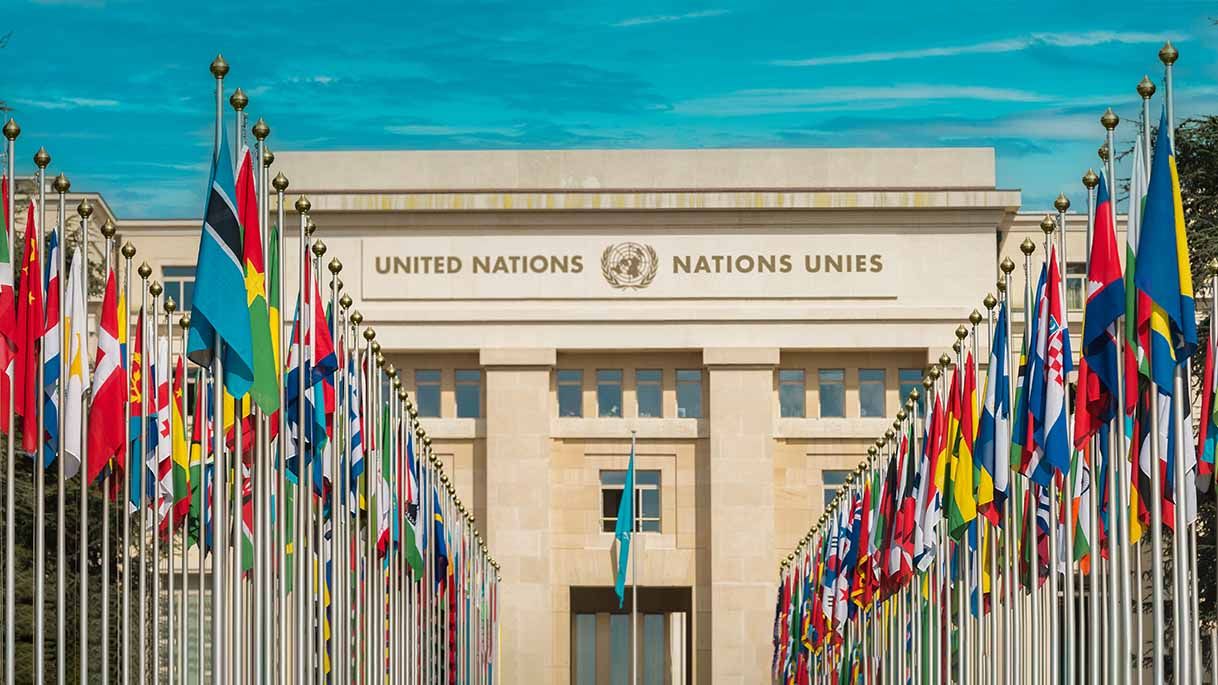Executive Brief

Developing Country Status
On 27 March the US House of Representatives passed the PRC Is Not A Developing Country Act (415-0), which would require the US administration to take actions to stop China — the world’s second largest economy — from receiving preferential treatment or assistance as a developing country from international organizations such as the World Bank and World Trade Organization.
The bill is now with the Senate Foreign Relations Committee and is very likely to pass the Senate. Last September the Senate unanimously approved an amendment that declared China is not a developing country and should not be treated as such in the international community.
Chinese analysts believe the PRC Is Not A Developing Country Act is part of the overall US strategy to contain China’s rise and a propaganda and political move. Congressional bills to revoke China’s Permanent Normal Trade Relations (PNTR) in the US and Most Favored Nation (MFN) status in international trade would further aggravate US- China trade tensions.
One such bill is the China Trade Relations Act of 2023 introduced by four Republican senators on 26 January. PNTR status is a mutual trade privilege. If the US revokes China’s PNTR status, China will retaliate, and the US will suffer as well.
Revoking China’s PNTR status would mean the US Executive Branch would have to ask Congress for annual renewal of China’s PNTR designation, a process that could mean annual political battles, delays, lobbying, and acrimony as was typical before 2000. It would adversely impact bilateral trade relations and increase uncertainty in China’s business environment.
An annual PNTR fight would be a major wedge in bilateral political relations and undermine any efforts for stability between the world’s two largest economies. Denying MFN treatment to China would group it together with Russia, Cuba, and North Korea.
World BankInternational organizations classify the economic status of a country differently. The World Bank classifies countries into four categories according to their per capita Gross National Income (GNI); China falls into the “upper-middle” tier. In FY2023 the World Bank classified:
- 28 countries with per capita GNI of $1,085 or less as low-income economies;
- 54 as lower-middle ($1,086 to $4,255);
- 54 as upper-middle ($4,256 to $13,205); and
- 81 as high ($13,205 or more)
- After the US-China trade war started in 2018, the two countries imposed up to 25% import tariffs on each other. In February 2020 the US Trade Representative already moved China off the US list of under-developed and developing countries.
- In 2021, 32 countries, including the EU, Britain, and Canada, terminated tariff favors for China under their General System of Preferences (GSP).
The World Bank reported China’s 2021 GNI per capita as $11,880 — it was $210 in 1979 when China first opened to the outside and $940 in 2000 before China joined the WTO.
Some international financial experts note that World Bank lending is not based on the size of a country’s economy. Besides China, India is a major recipient of World Bank lending and the world’s fifth largest economy and considered a “lower-middle income” economy by the World Bank with GNI per capita of $2,150 in 2021. World Bank lending in large part considers two factors: the Bank’s agenda and investment return.
China has offered reliable investment returns for World Bank lending over the decades.
World Trade OrganizationThe WTO has no definition of developed or developing countries. Members declare their own status; other members can challenge that status, however. As a developing country, a member may benefit from import tariff privileges, which allows developing countries to protect their native industries. The WTO import tariff guidelines for developing countries is 14% and 7% for developed countries.The 15-year “grace period” given to China as a developing country upon joining the WTO in December 2001 expired in 2016 and ended special treatment for China. Beijing has not, however, abandoned China’s self-declared status as a developing country.
China promised the WTO that it would lower its general import tariff from 15.3% in 2001 to 9.5%. According to the Chinese government, China’s current general import tariff is 7.5%, lower than its promise, but above the WTO ceiling for a developed country.
In terms of tariffs, according to WTO, “In practice, it is the preference-giving country which decides the lists of developing countries that will benefit from the preferences.” China now has signed 19 free- trade agreements with 26 countries and regions, making the WTO tariff guidelines irrelevant in these instances. On the other hand, some countries have imposed their own tariffs on Chinese imports and vice versa: